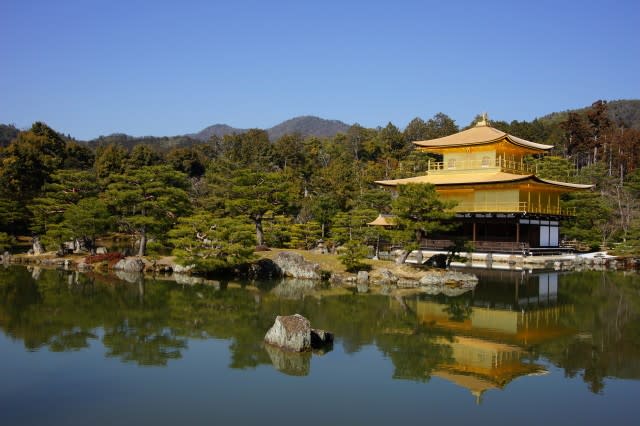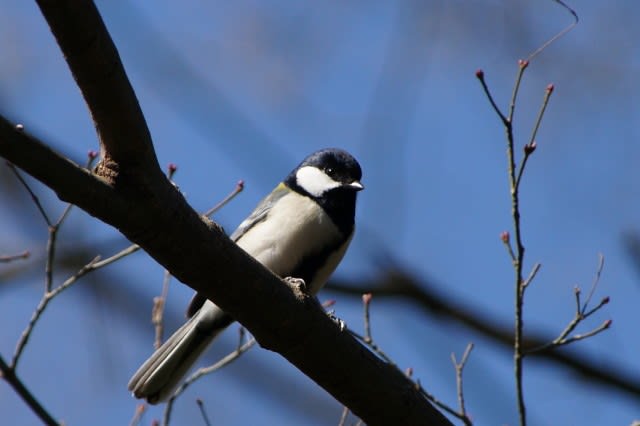The following is from the article "Disappointment with the Postwar Democratic Generation," by Professor Emeritus Yasuhiro Hirakawa of the University of Tokyo, which was serialized in the March 1 issue of the monthly magazine "Seiron" under the title "The Showa War and the Tokyo Trials: A Comparative Historian Looks Back.
This article is a must-read not only for the Japanese people but also for people around the world.
Preamble omitted.
The Emergence of the Postwar Democracy Generation
It was natural for the Japanese people to be negative about the war in the first place.
Because we lost.
It was because we lost and because so many Japanese suffered from the war.
It was obvious that the leaders who did such a poor job were stupid.
At the start of the war against the U.S. and Britain, what prospects did the ministers have for ending the war?
Since all the news media in Japan unanimously portrayed Tojo as a villain, it is only natural that most people who read enough newspapers would have assumed so.
Then, for those who believed in the fairness of the Tokyo Trials, or even for those who did not, it seemed unacceptable that a former member of the Tojo cabinet should become prime minister.
It was the ultimate in "reverse course.
Students hated Prime Minister Nobusuke Kishi during the 1960 Security Treaty riots because Kishi was the Minister of Commerce and Industry during the war. After the war, he was arrested as a Class A war criminal and put in Sugamo Prison.
Immediately after the restoration of Japan's independence in 1952, the new constitution's supporters and opponents were divided. Still, with the rise of the younger generation, the supporters of the constitution gradually became louder.
This was the emergence of the postwar democratic generation.
They were repelled by Japan's former nationalism and began to advocate internationalism.
The mere mention of "Class A war criminals" was enough to set off an allergic reaction in these people.
The champion of that generation in the literary world was Kenzaburo Oe, and the heroine in the political world was Takako Doi.
The two were parallel phenomena: the postwar pacifist advocated constitutional protection, supported North Korea, and rose to the position of Speaker of the House of Representatives, just as the Asahi Shimbun claimed.
On the other hand, Oe is sensitive to current trends, and when the Cultural Revolution broke out in China, he supported the Red Guards. When there was a university conflict in Japan, he raised students who had rebelled against the government, said things like Sartre, and rose to a Nobel Prize.
But he refused to accept the Japanese Order of Culture.
The left's intellectual hero said to a female college student, "Don't marry a member of the Self-Defense Forces."
Such an occupational discriminatory remark was allowed to be made by Oe only because of the large mass media that supported him.
This article continues.
People who are moved by "Children of the Earth" and people who are not
In Japan immediately after the defeat, leftists arrested under the pre-war Security Law were regarded as conscientious people who resisted militarism.
However, when the Berlin Wall collapsed, and the prestige of the Soviet Union fell to the ground, even those who were dedicated to Marxism and sang the hymn to communism could no longer cling to Marx and Lenin.
In such a situation, the Japanese mass media made efforts to strengthen the Japanese sense of atonement for China.
Toyoko Yamazaki's novel, "The Son of the Earth," was met with unprecedented sympathy in Japan.
However, the drama was not aired in China to convey that the Baoshan Ironworks was built as a Sino-Japanese joint venture with the Japanese people's cooperation.
Chinese students who saw the NHK-produced drama in Japan were rather indifferent. "I don't think we can get away with such pretty words. The labor reformers don't even have a paper to wipe their asses with," he said coldly.
"Dozens, maybe it killed hundreds, of times more Chinese in the Civil War, the Great Leap Forward, and the Cultural Revolution than were killed by Japanese soldiers. The communist regime is doing the same thing to the Uyghurs and Tibetans as Nazi Germany did to the Jews. It is an ethnic cleansing policy."
That may be true.
However, in People's China, it is effortless to impose a gag order on the evil committed by Han Chinese. Still, the evil committed by the Japanese military is allowed no matter how much it is hyped.
Japan was foolish to send troops to the continent under the pretense of eternal peace in the Orient.
When you station troops in another country for eight years, there is no way that scandals will not occur.
From the end of the Showa era to the beginning of the Heisei era, many Japanese began to feel that it had not yet settled Japan's responsibility for the war.
And it created an atmosphere in which saying so was a sign of conscience.















